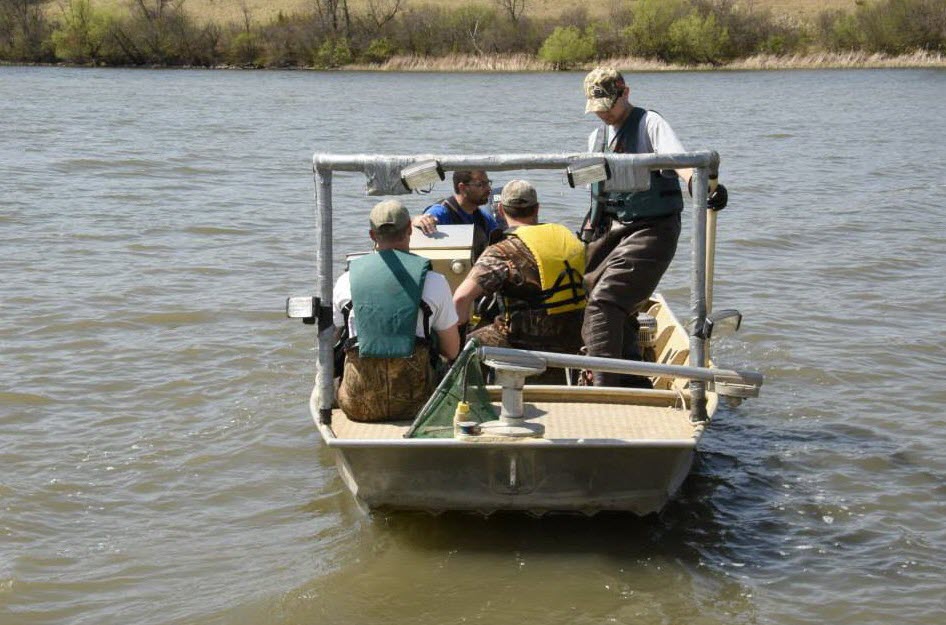I take great pleasure sharing my passion and knowledge of aquatic ecosystems with young scientists before they advance as natural resource professionals and with those in other careers looking to incorporate environmental science into their everyday decision making.
I currently teach five courses regularly: Ichthyology, Capstone Seminar in Biology, Organismal Biology, Ecology, and Marine Biology.

An introduction to the characteristics and relationships among fishes; adaptations, behavior, ecology, evolution, systematics, and zoogeography, and identification of fishes. Ichthyology will familiarize you with the systematics, anatomy, global diversity and distribution of fishes. We will begin with an in-depth look at the individual fish which will include lessons on body form, anatomical structures and their functions, and ontogeny. Next, we will examine the evolutionary relationships among major taxonomic groups, specifically North American species, highlighting the vast diversity of fishes. Finally, we will review systematics, genetics, speciation, evolution, and zoogeography and conservation status of fishes as they relate to Ichthyology.
A seminar-style course designed for students to review and discuss basic concepts necessary for a career in the biological sciences and to assess their major in biology. This course will cover basic concepts of resume and cover letter writing, quantitative skills, computer literacy and current topics in biology. Students are expected to actively participate in an assessment of their major, and participate in discussions on major issues and developments in the biological sciences. Students will present a seminar on a contemporary biological topic incorporating primary literature.
A survey of the diverse form and function of prokaryotes, protistans, fungi, plants and animals. Basic ecology, natural history, evolution, biogeography and importance of organisms to humans will be emphasized.
A study of interactions that determine the distribution and abundance of living organisms. The basic principles of ecology are presented in order to develop an understanding of the nature of these interactions at the individual, population and community levels of biological organization
Marine Biology is an interdisciplinary field that includes elements of geology, physics, chemistry and biology. We focus on marine ecology by investigating the unique chemical properties and physical factors of marine habitats that influence communities. This course provides an introduction to the characteristics and relationships among diverse marine organisms and the physiological adaptations to life in marine ecosystems. Emphasis is placed on current conservation concerns and human influences on marine habitat diversity.
An introduction to field and laboratory procedures used by ecologists to describe and analyze the interactions between organisms and their environments. The course will emphasize quantitative techniques, including the use of computer technology, for collecting, recording and interpreting ecological data. This course is taught largely at an undergraduate level.